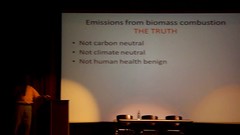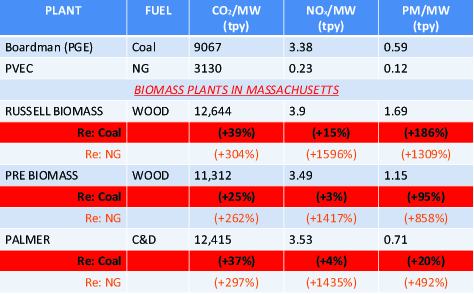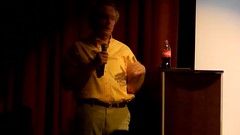Georgia Forestry Association wrote about the 30 October – 2 November 2011 Southern Woodland Owners Conference & Solutions Fair, USDA Under Sec. to speak in Tifton Tuesday at forestry conference:
9:00 a.m. – 10:00 a.m. Opening Session
Welcome Remarks and Announcements –
Introduction of Conference Co-Chairs, Steve McWilliams, President, Georgia Forestry Assoc.
KEYNOTE: Honorable Harris Sherman, Under Secretary for Natural Resources and Environment, U.S. Department of Agriculture, Washington, DC/Introduced by Honorable Gary Black, Commissioner, Georgia Department of Agriculture
-jsq







